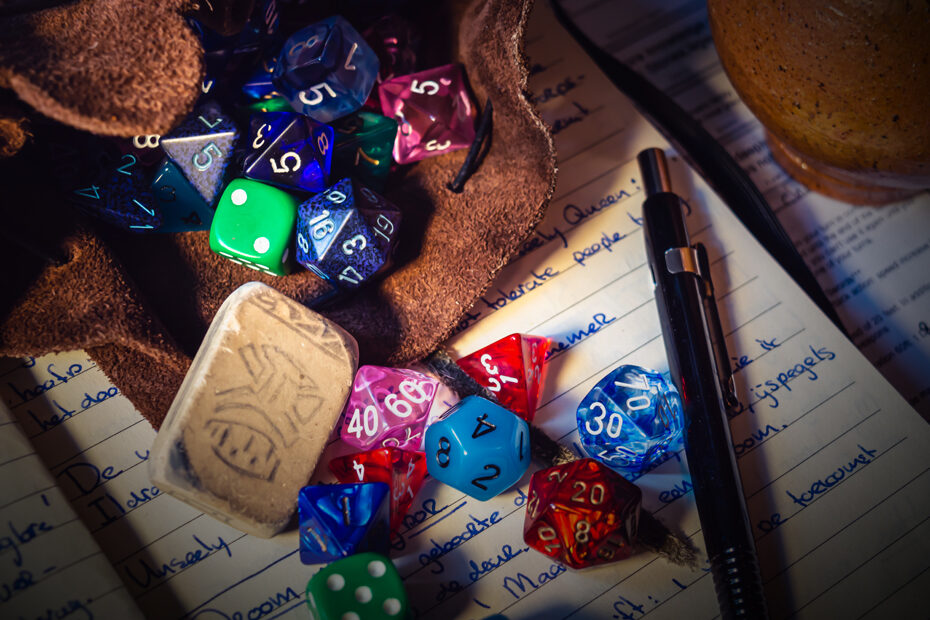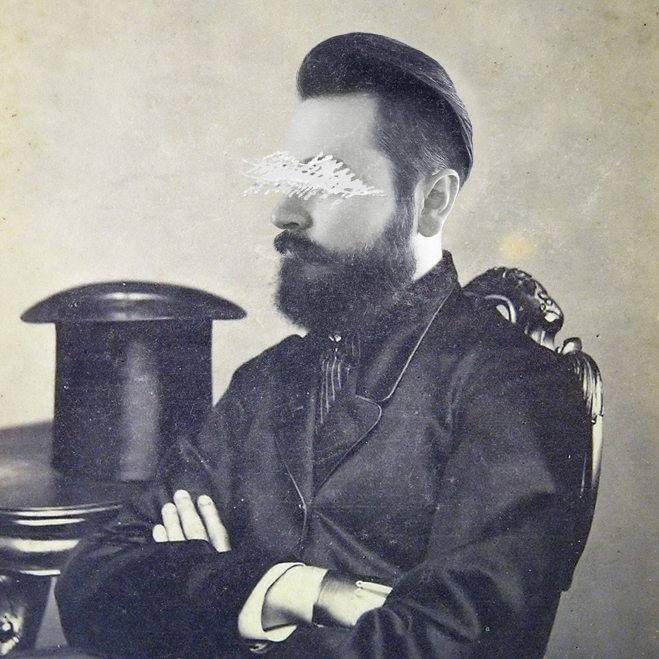Being a game master is a challenging gig. You are single-handedly responsible for building the framework through which a story is told and populating that framework with action, hooks, and colorful characters. On top of that, you’re also expected to encourage players to engage in collaborative storytelling, be knowledgeable about what’s possible in your world, and have a full understanding of the mechanics of your chosen system.
That’s a lot, right? So what skills are most important for an aspiring or current GM? I’ve compiled a list of what I think are the most essential skills a GM can master. Most of these develop naturally through practice and gameplay. But it never hurts to take a closer look and evaluate where we can improve!
1. Improvisation
Without a doubt, the most important skill to master when running a game is improvisation. The game is a story that everyone at the table is telling. Because of this, you never know exactly what will happen. It’s one of the things about tabletop RPGs that makes them so exciting! So being able to roll with the punches, skillfully narrating the unexpected on the fly, quickly navigating story hiccups or roadblocks, snap decision making, and understanding cause and effect are a must for any game master.
2. Storytelling
If you’re going to facilitate the telling of a story, it makes sense to have some storytelling experience. Setting a stage that is engaging and intriguing, mastering the art of description, knowing when and how to build tension, linking together story lines, introducing new concepts, editing down a story, maintaining player interest, and leaving no loose ends are the cornerstones of this skill. Becoming well versed in the craft of storytelling is an invaluable skill when running a game.
3. Research
Is it exciting? Usually not. Is it necessary? Absolutely. The ability to quickly and effectively research all sorts of topics will serve you well as a game master. Of course, you need to locate specific rules within your game system’s handbook. But also, TTRPGs will have you asking questions like, “How long do butterflies live?”, “How many pints of blood are in the human body?”, “How many days would it take to walk across the US?”, etc. It’s good to know how to locate random knowledge quickly!
4. Organization
Organization is important on so many levels. In telling the story, it’s more or less your job to give the narrative structure. Additionally, you are expected to organize your players, coordinate with their schedules, get everyone in the same place, and be ready to play. Also, having a handle on your GM notes is so helpful. It’s a lot easier to recap a session or reference an NPC from an organized word document as opposed to a messy binder full of notes written on napkins!
5. Impersonality
This might seem like an odd addition, but hear me out. I like to approach character acting and NPCs with impersonality in mind. By emptying your mind of your own opinions and preferences, you can really get an unbiased sense of how your character sees the world. It’s difficult to ignore your own perspective. But it’s important to remember that not everyone thinks like you do. Embracing this makes for a more interesting and unexpected tabletop experience.
6. Deception
Never underestimate the merit of being a good liar. A solid poker face can mask your true intentions, reduce metagaming, lessen your influence on a player’s decisions, and keep your players guessing. A well placed lie or omission of truth can keep a fun secret or surprise, make a villain’s treachery more natural, or not spoil a big reveal. Dishonesty should be cultivated to add to your acting repertoire. Just don’t use your powers of deception for actual evil!
7. Voice Acting
Outrageous accents are almost expected at any tabletop. However, voice acting skills go beyond just accents. How does an NPC present themselves when they speak? What kind of language do they use? Do they have common expressions or readily available and unique expletives? Is there a particular cadence to their speech? Knowing these things about your key NPCs or regional dialects in your world will increase immersion and create lasting memories.
8. Cartography
I’m not saying you have to become a master map maker. But, being able to knock out a quick map is a handy skill. Practice sketching out different types of maps. They don’t have to be particularly beautiful. They just need to convey ideas and visual space. This skill could be applied to the continent your players are traveling, a rough sketch of a major city, the layout of a dungeon, or even a quick dry erase board battle map. Visual aids help everyone in the game be on the same page.
Good luck mastering your essential GM skills! Until next time, stay creepy and happy gaming.

